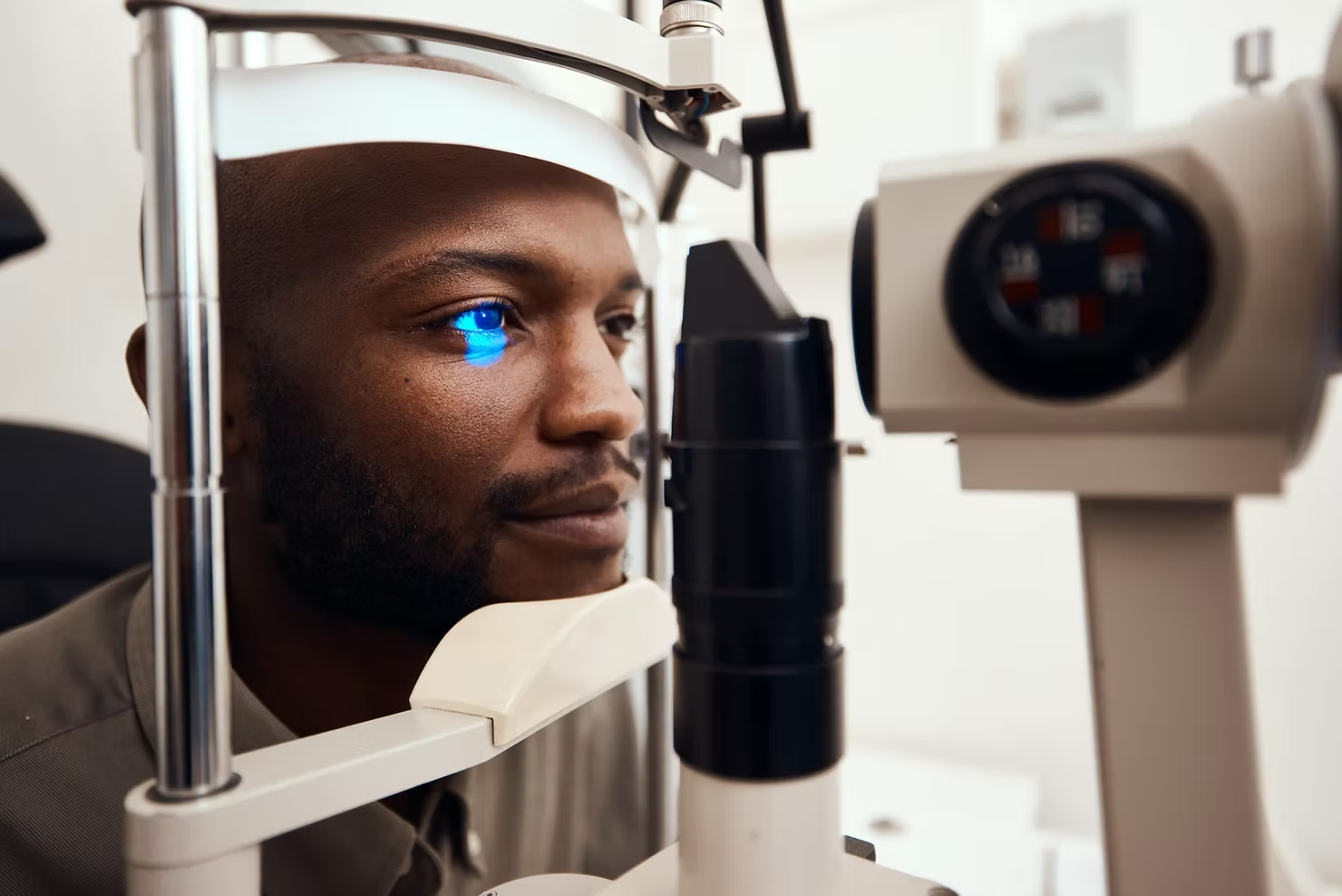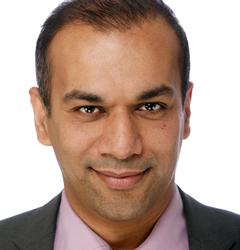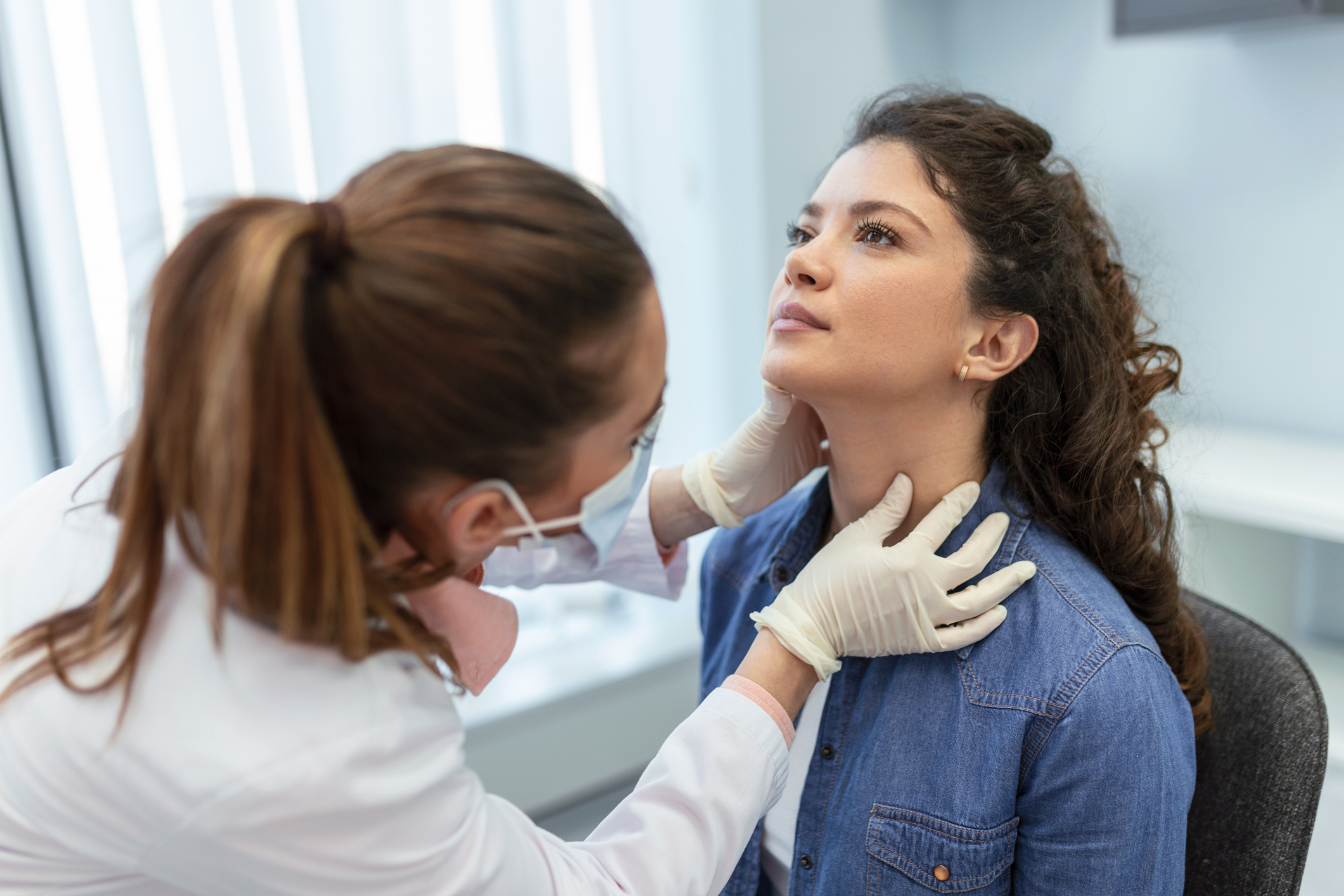While ensuring sharp vision is essential, your ophthalmologist plays a multifaceted role in safeguarding your overall health and well-being. Beyond prescribing glasses or contact lenses, their ability helps detect, manage, and even prevent various health conditions.
Early Detection Powerhouse:
Regular eye exams are a crucial first line of defence in uncovering hidden health issues beyond the eyes. These include:
-
Chronic Conditions: Diabetic retinopathy, a leading cause of blindness, can be found early during an eye examination, aiding in prompt diabetes management. Similarly, changes in blood vessels can reveal high blood pressure, prompting further investigation and treatment.
-
Neurological Insights: Optic nerve problems detected during an eye examination can provide clues to underlying neurological conditions like multiple sclerosis or brain tumours, enabling early diagnosis and intervention.
Thyroid Clues: Bulging eyes associated with Graves’ disease can be detected during an eye exam, leading to proper thyroid management.

Personalised Preventive Partner:
Your ophthalmologist goes beyond simply diagnosing; they offer tailored advice and guidance on:
-
Eye Protection: They’ll advise on crucial steps such as choosing appropriate sunglasses with UV protection and utilising protective eyewear during activities.
-
Managing Dry Eye: This common condition can affect comfort and vision. Your doctor can suggest solutions specific to your needs to ensure optimal eye moisture.
-
Minimizing Digital Eye Strain: Techniques and screen breaks recommended by your ophthalmologist can alleviate discomfort and potential long-term issues associated with digital device use.
-
Living a Healthy Lifestyle: Dietary recommendations and lifestyle adjustments your doctor suggests can help your eye health and overall well-being.
Expert Treatment When Needed:
When certain eye conditions arise, your ophthalmologist can address them effectively. These include:
-
Cataract Removal: This age-related lens clouding can be surgically removed, restoring unobstructed vision and improving quality of life.
-
Glaucoma Management: Early detection and treatment, often recommended by your ophthalmologist, are crucial for managing this progressive optic nerve damage.
-
Age-Related Macular Degeneration: This leading cause of vision loss in older adults can be monitored and sometimes treated by your ophthalmologist, potentially slowing progression.
-
Macular Hole and Retinal Detachment Treatment: Advanced surgical techniques employed by your ophthalmologist can address these urgent conditions effectively.
Invest in Your Health, See Your Ophthalmologist:
Remember, healthy eyes contribute significantly to your overall well-being. Don’t wait until you experience problems to see an ophthalmologist. Schedule regular checkups, ask questions, and take proactive steps to protect your sight. Invest in your long-term health and well-being, one unobstructed vision at a time, with the valuable support of your ophthalmologist.
Reference:











